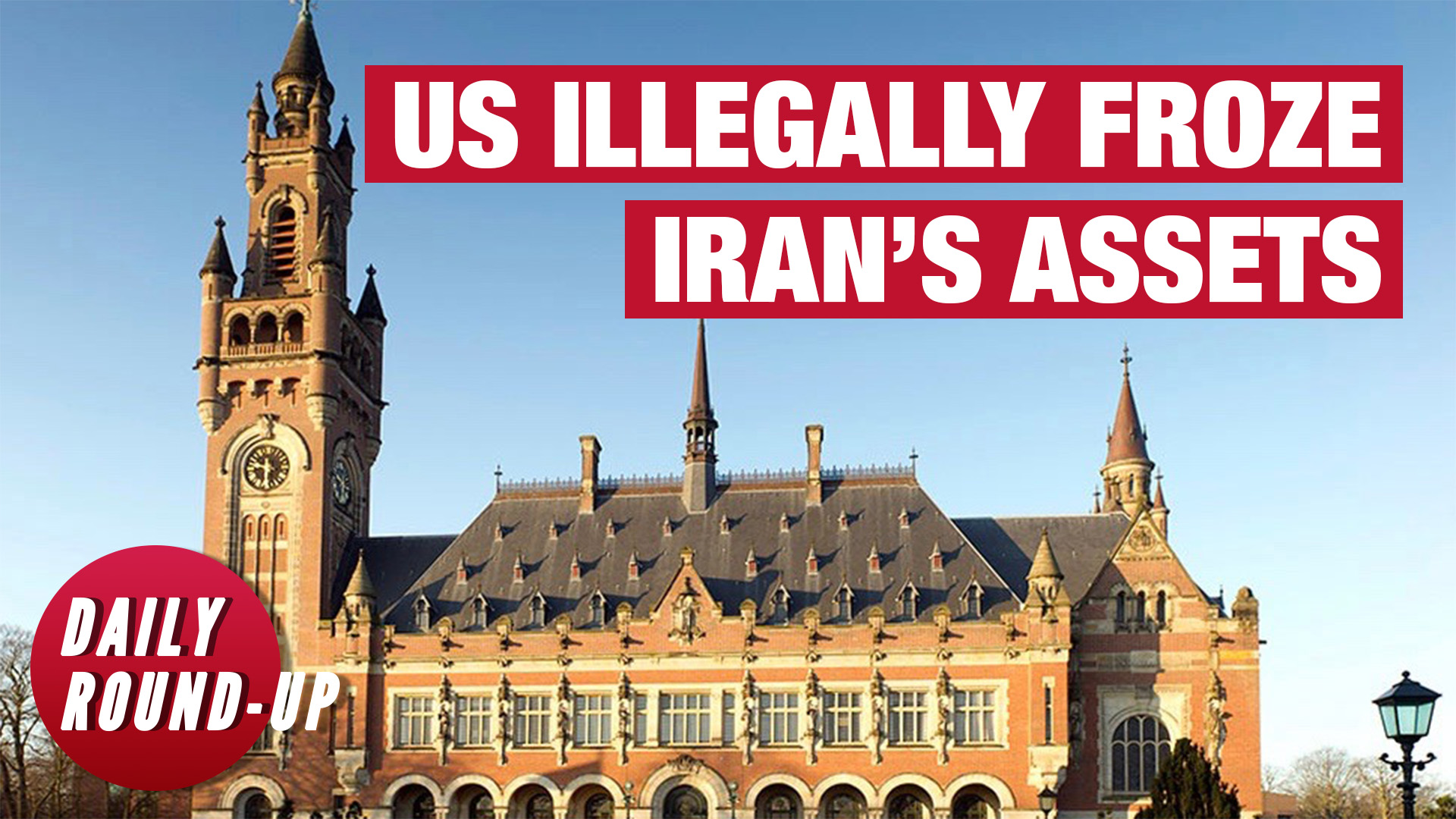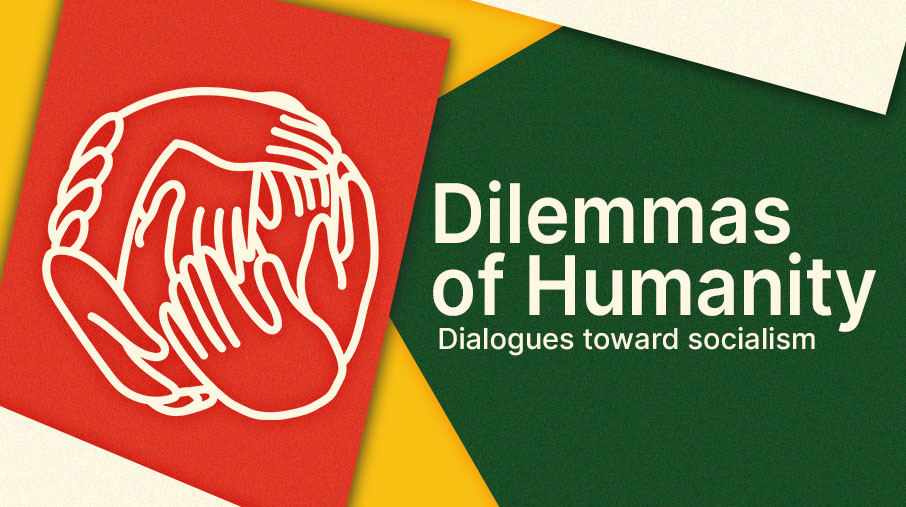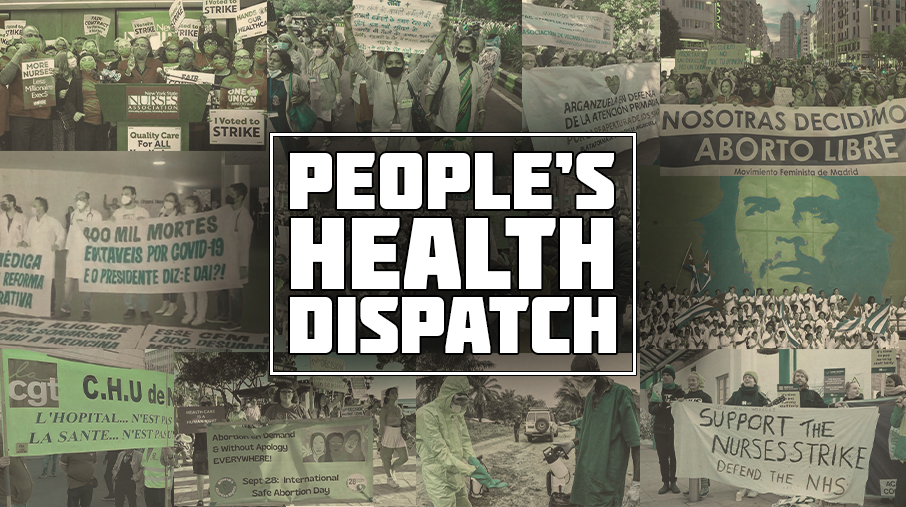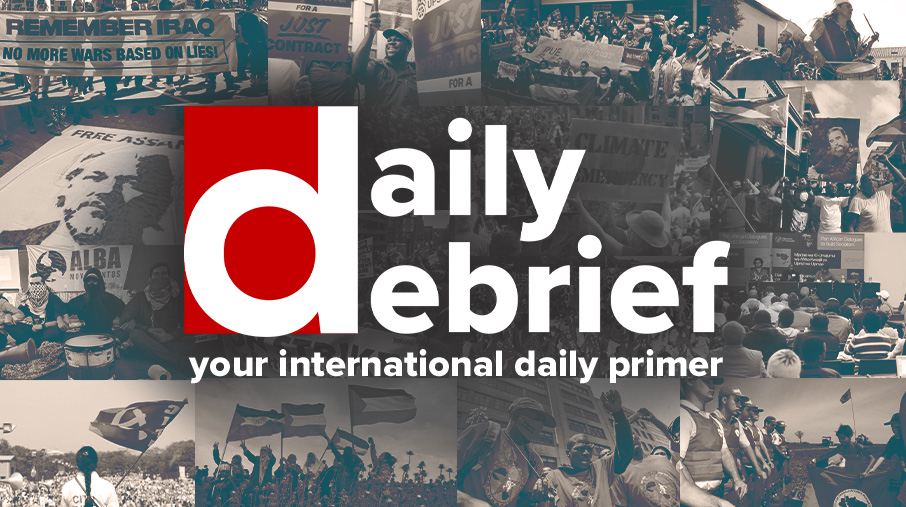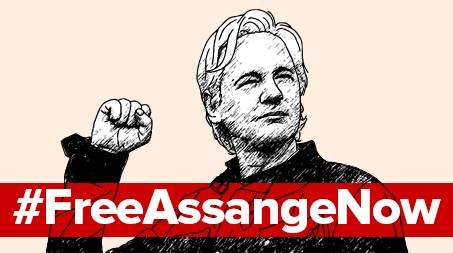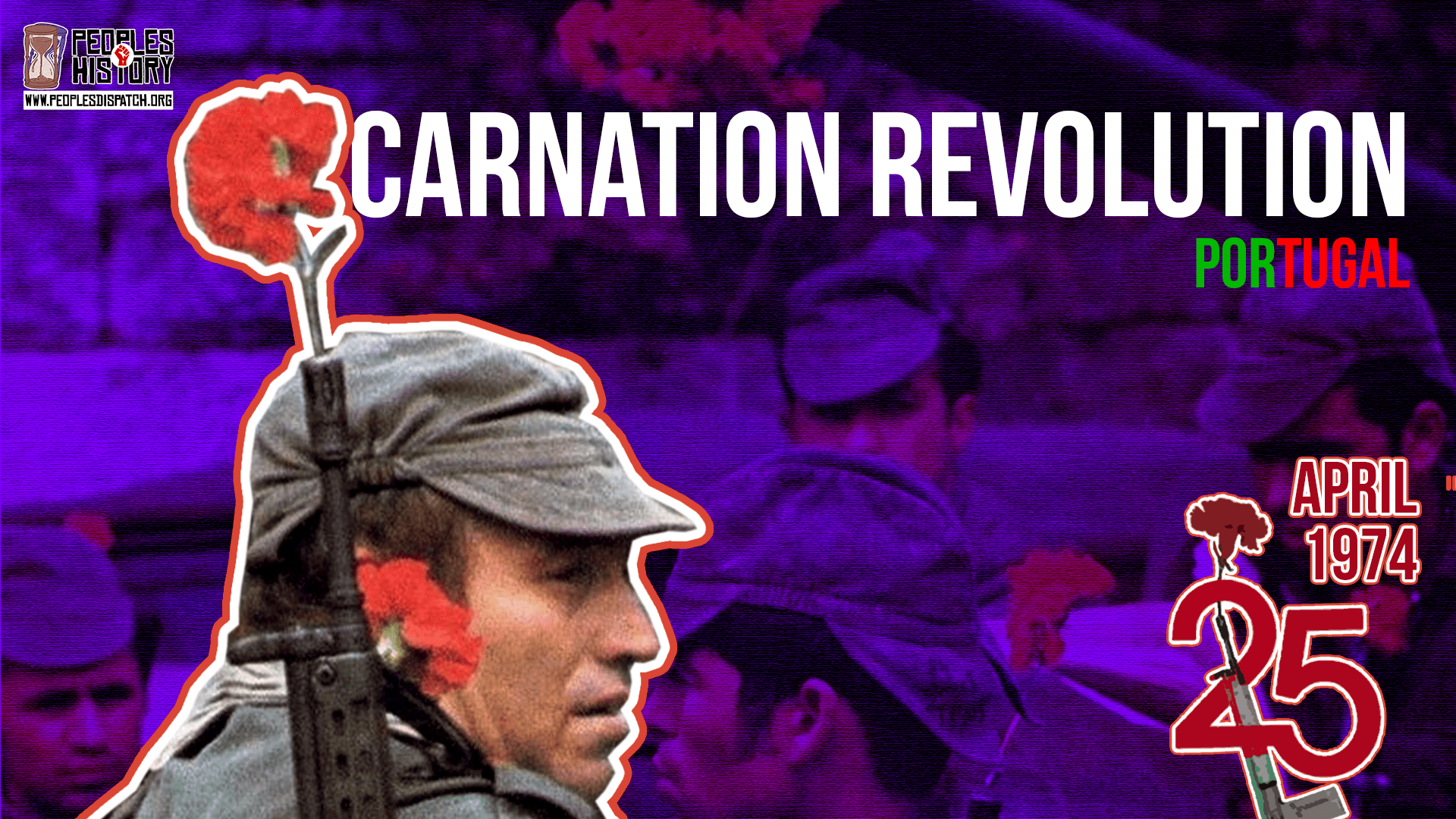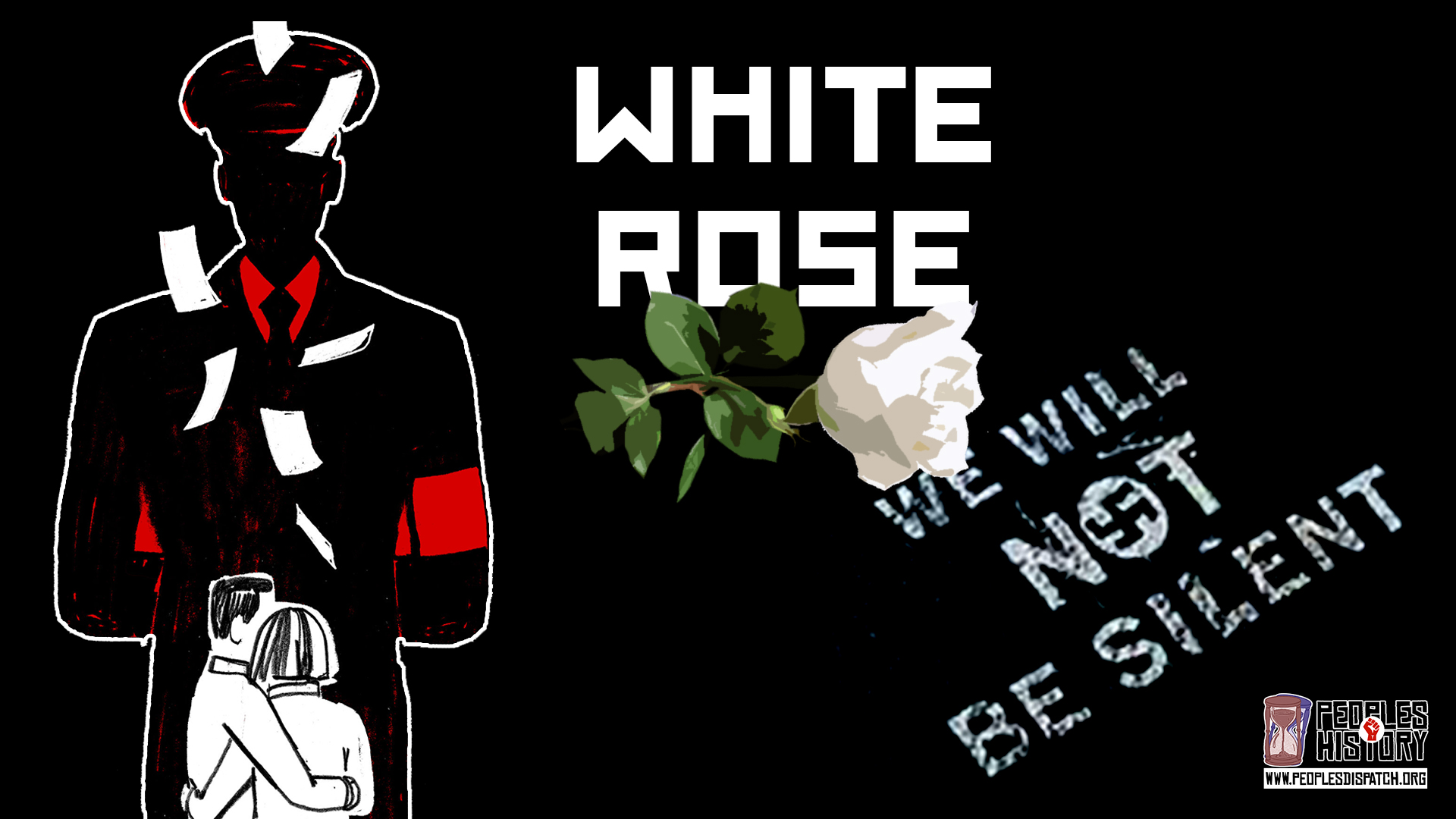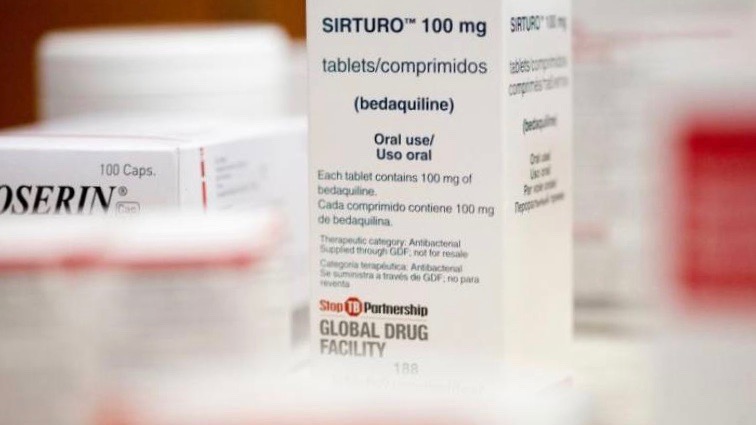 Johnson & Johnson’s TB drug deal will fail to reach all those in need
Johnson & Johnson’s TB drug deal will fail to reach all those in need
A recent deal struck between Johnson & Johnson and the Global Drug Facility promises improved access to bedaquiline in a number of low income countries, but fails to address structural problems
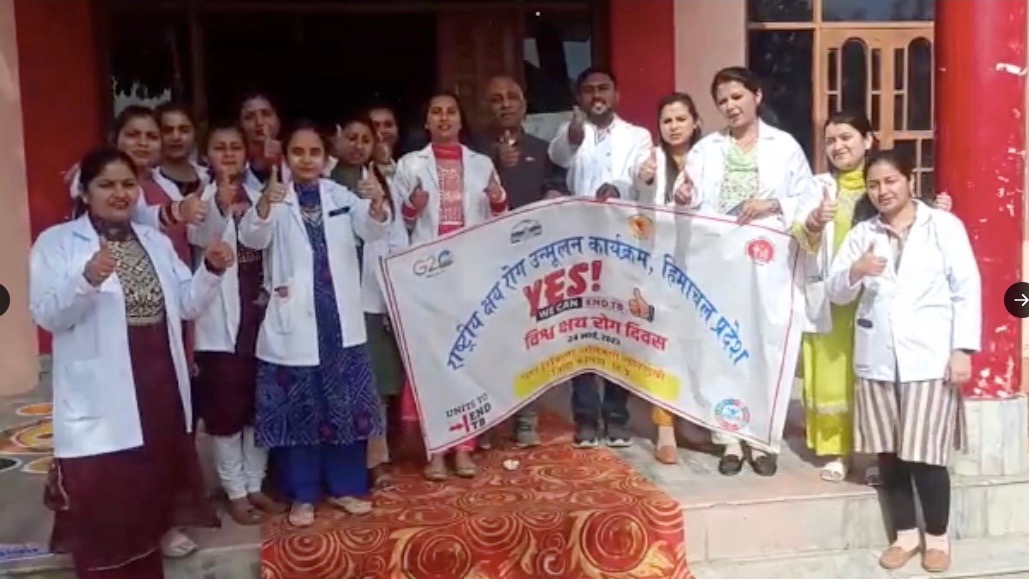 Yes, we can stop patents getting in the way of TB treatment
Yes, we can stop patents getting in the way of TB treatment
A day ahead of World TB Day, the Indian Patent Office rejected pharma giant Jannsen’s application for a patent extension on drug bedaquiline. If the patent had been extended, public and family budgets would have remained burdened by unjustifiably high costs of the drug
 Big pharma — Maximum earnings, minimum responsibilities
Big pharma — Maximum earnings, minimum responsibilities
The COVID-19 pandemic has again exposed the true nature of capitalism with profit being the primary driver irrespective of the rising inequalities
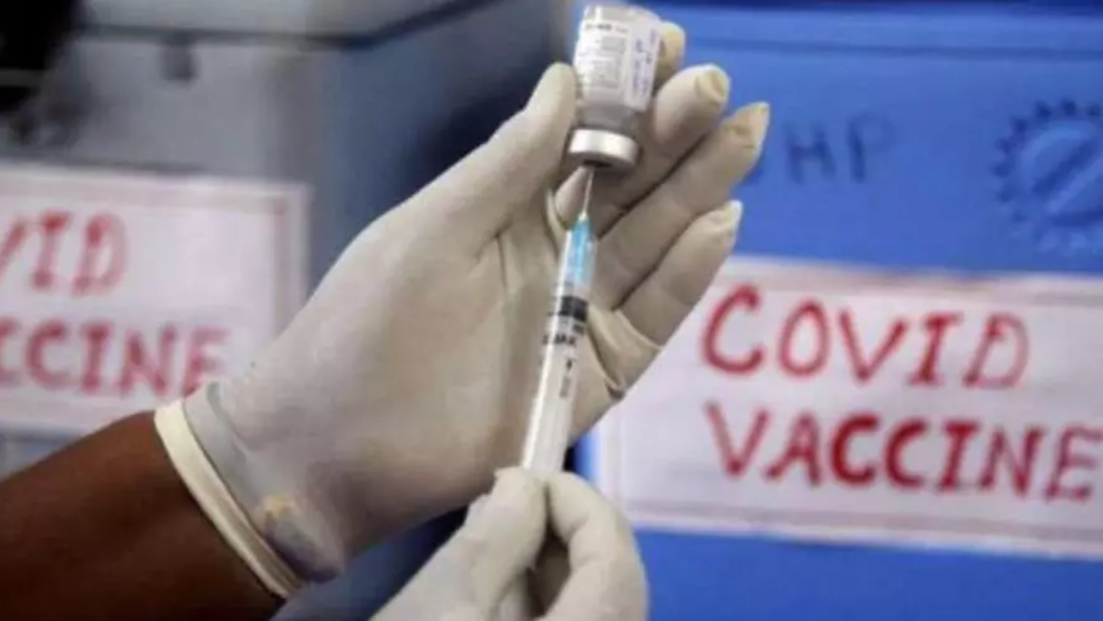 India: World’s biggest producer fails to vaccinate its people
India: World’s biggest producer fails to vaccinate its people
The Narendra Modi government in India chose to believe that it had defeated the pandemic, and therefore the slow pace of its vaccination program posed no problems
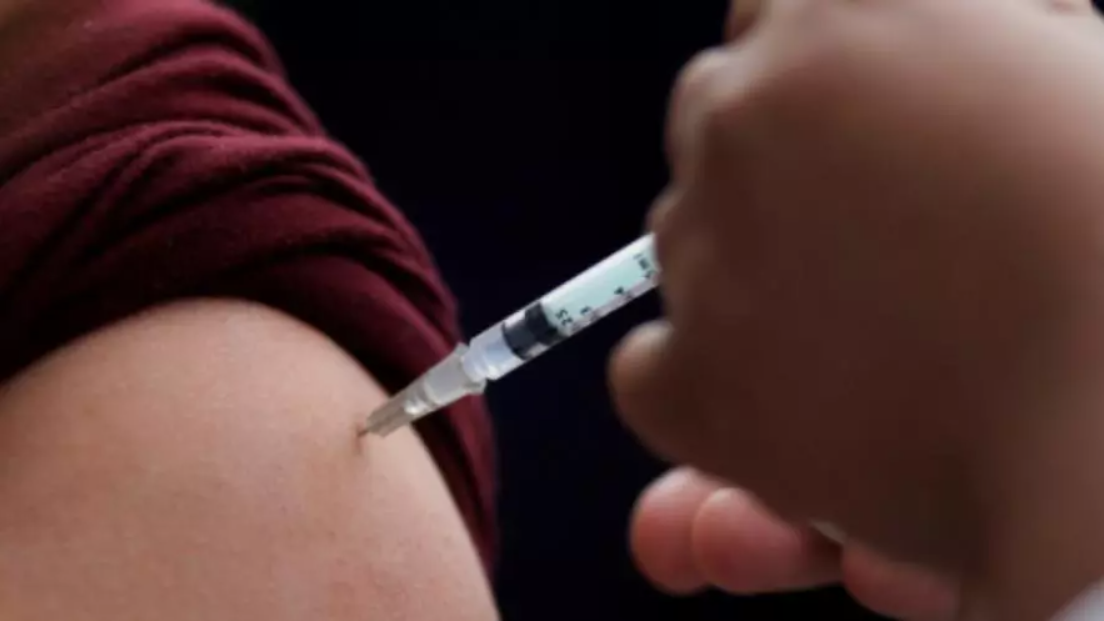 The West is practicing vaccine apartheid on a global level
The West is practicing vaccine apartheid on a global level
China and India are the only two major countries that have been willing to export vaccines while also vaccinating their own people. Meanwhile, to rich countries, the billions of dollars of vaccine market for Big Pharma far outweigh the benefits of saving millions of lives
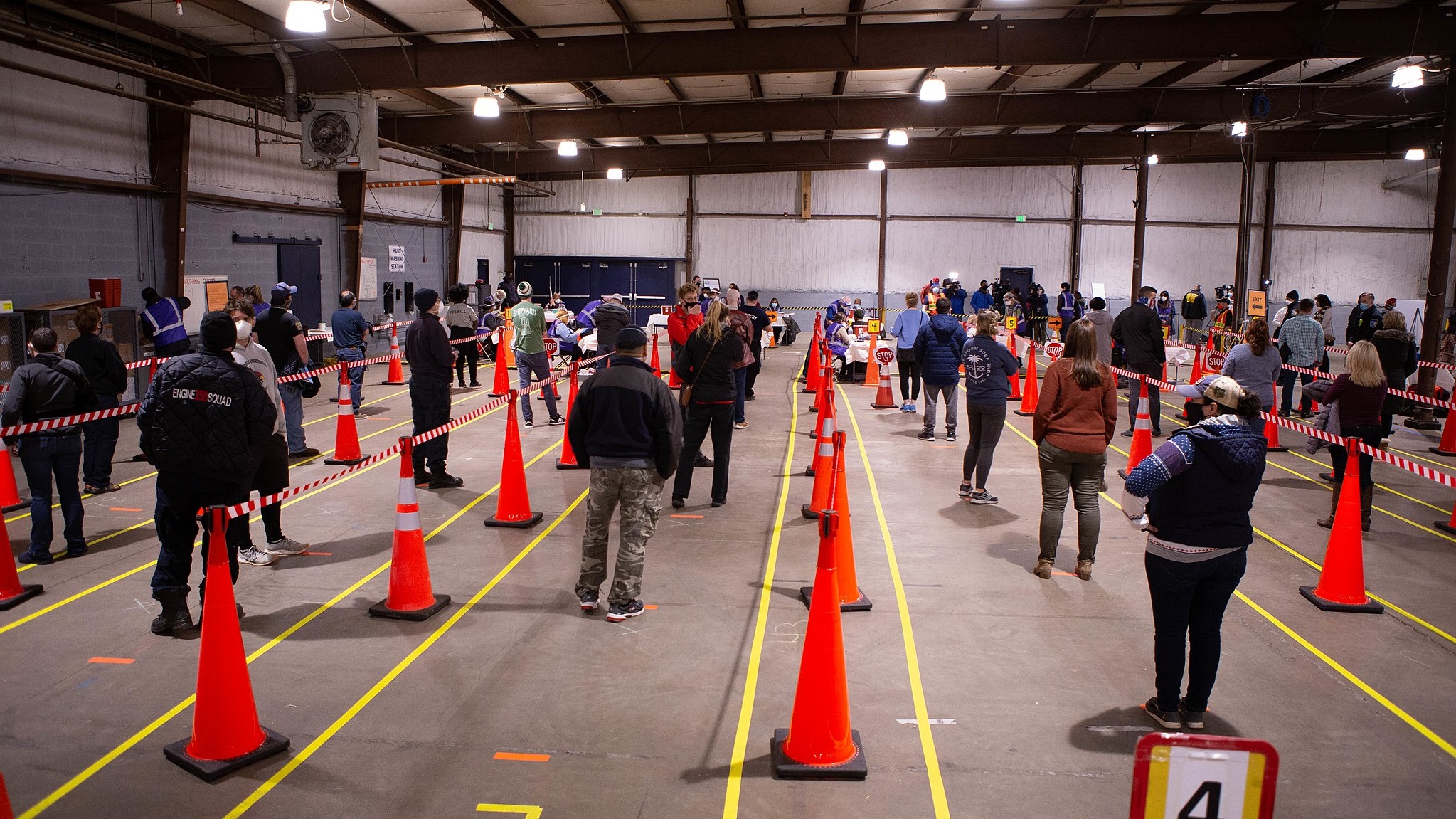 Why Big Pharma shouldn’t have any control over COVID-19 vaccines
Why Big Pharma shouldn’t have any control over COVID-19 vaccines
While a public desperate for protection against COVID-19 is quick to shame “vaccine hunters,” the real culprits are the companies refusing to share their publicly funded intellectual property and the governments allowing them to get away with it.
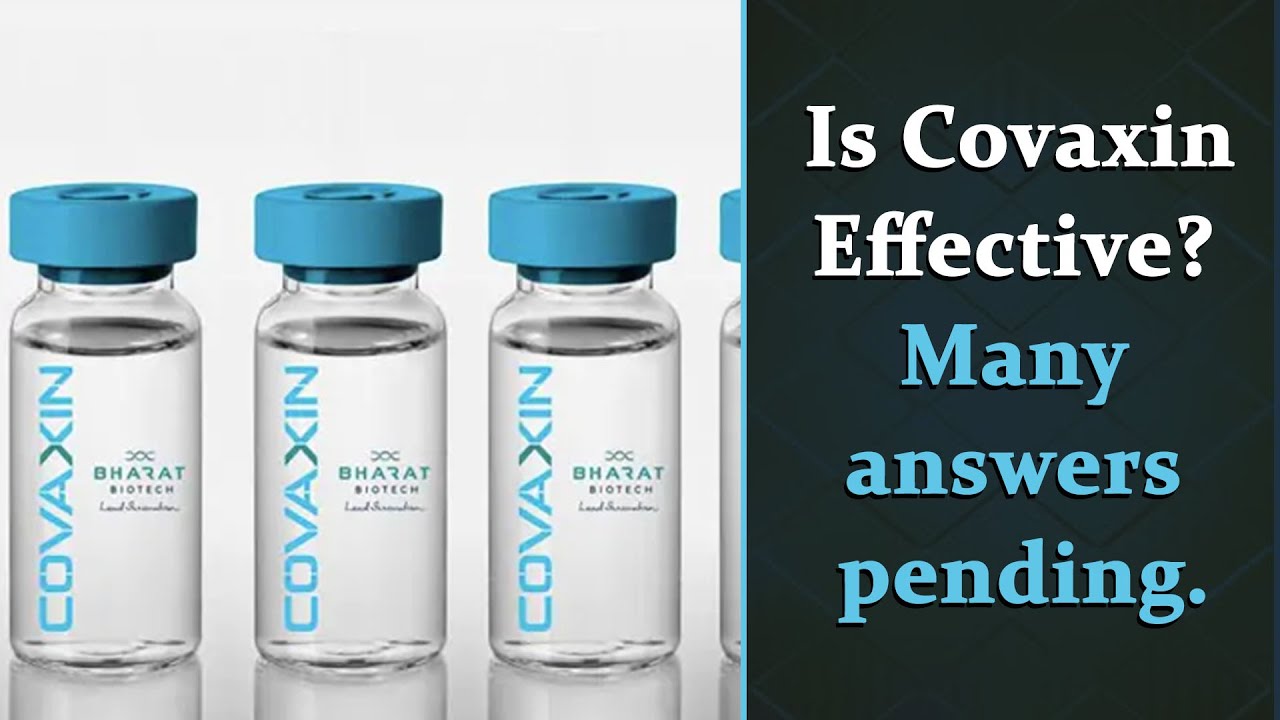 Covaxin trials: What 81% “interim efficacy” means
Covaxin trials: What 81% “interim efficacy” means
Bharat Biotech has claimed in a press release that its Covid-19 vaccine candidate, Covaxin, showed 81% efficacy in the “first interim analysis” of phase-3 trials.
 Johnson & Johnson held responsible for contributing to the opioid crisis in the US
Johnson & Johnson held responsible for contributing to the opioid crisis in the US
The pharma giant is asked to pay more than half a billion dollars in fines for pushing aggressive campaigns to boost drug sales by understating their side effects and addiction possibilities.
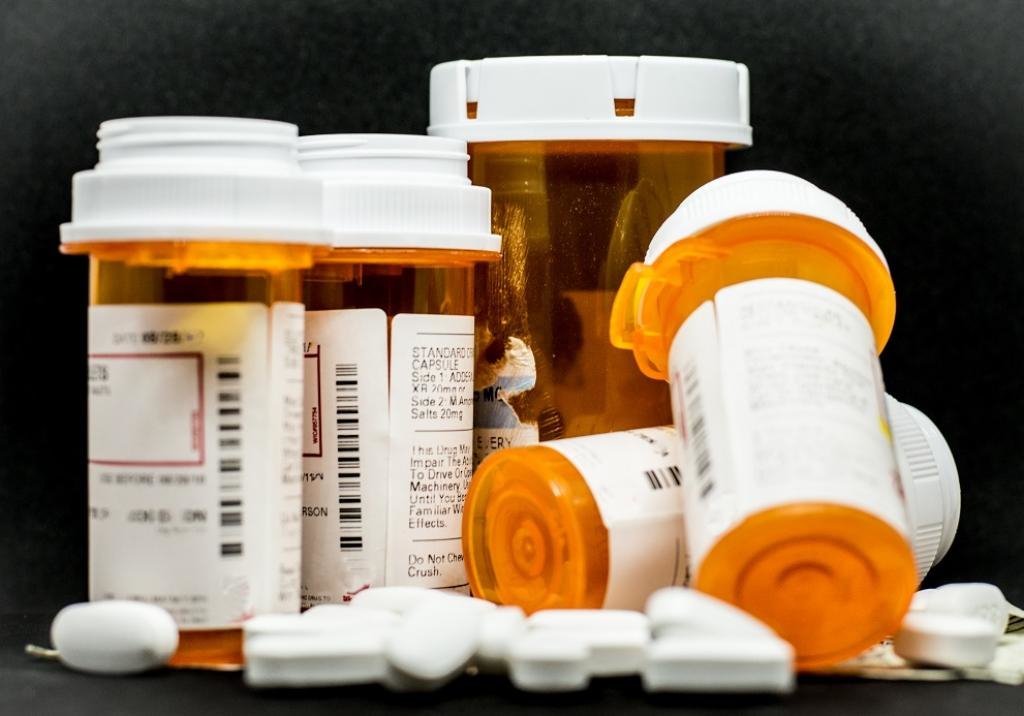 Patent Opposition Filed For Johnson And Johnson’s TB Medicine
Patent Opposition Filed For Johnson And Johnson’s TB Medicine
Nandita Venkatesan and her co-petitioner from South Africa, Phumeza Tisile, are challenging a further extension of the patent that Johnson & Johnson has applied for the salt form of the drug, bedaquline that could be of vital importance in treating drug-resistant TB


